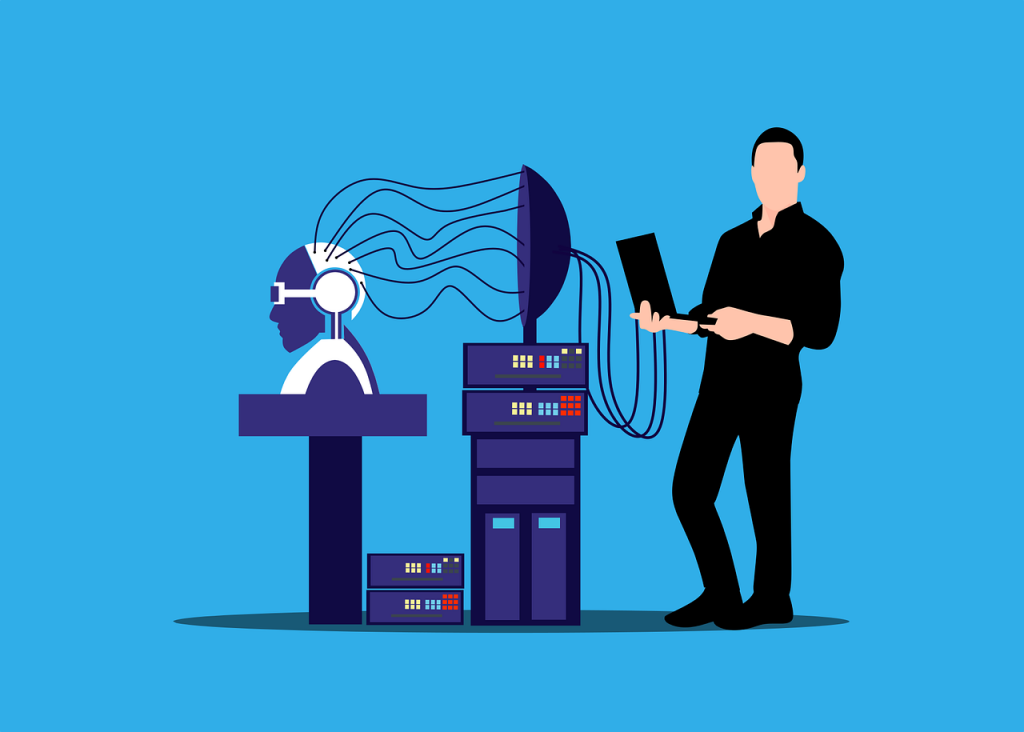yokesh sanker
Yokesh Sankar is the co-founder and chief operating officer of Sparkout Tech.
One of the most outstanding characteristics Future of the Software Development industry since its beginnings is its dynamism since its practices must...

Image Credits: pixabay
One of the most outstanding characteristics Future of the Software Development industry since its beginnings is its dynamism since its practices must continually adjust to the needs and expectations of the market. This leads us to ask ourselves: Where is this profession going? What qualities should software developers have?
To reflect on these questions we must know more about the global context that is developing and the trends that are gaining more strength, which require specific qualities of software developers, to later present the academic program in the area that you can study.
Software development in the future
Did you know that the United Kingdom has approved the introduction of programming into school curricula? Or that in the United States, there are organizations like Code.org that pursue a similar goal? That’s right, every day more nations are interested in training their students in this aspect, significantly modifying how software development is known today.
This reality means that in the future, users will be more familiar with software technology, so they will have greater demands for this industry. Especially in the context of customizing applications and computer programs, benefiting users who have general programming knowledge. Therefore, the market for rigid applications will be reduced.
Likewise, users’ understanding of how applications are built will lead them to demand a higher quality of user experience. Another factor present will be Artificial Intelligence (AI), which is progressively becoming more and more linked to computer applications, leading to automation at much higher levels.
Cloud computing, cross-platform development, prototyping, and specialization in programming languages such as Python, Rust, C++, Java, and JavaScript will also be trends progressing in the future of software development services.
About the previously mentioned trends that project the future of software development, below, the skills and strengths that professionals in the field of tomorrow will need to have will be presented.
Starting from the base on Linux and the C programming language, which served as the foundation for the creation of the Uni x operating system, making it possible to approach other languages. As well as, they must have in-depth knowledge of Android, iOS, Windows Phone, FirefoxOS, node.js HTML5, Openstack, and MongoDB.
Software developers in the future will handle data structures, functional programming, algorithms, and programming practices focused on TCP/IP and HTTP protocols, client-server architectures, databases, and NoSQL, that is, non-relational databases with high performance.
Because Artificial Intelligence is increasingly related to computer applications, software developers are reorienting their practices to the various aspects of AI. This reality will positively impact the results of organizations, their automation, decision-making based on data, and a quality digital experience.
Thanks to cloud computing, custom software development companies will be able to store high volumes of data that will be more accessible, making it easier to analyze and obtain backup copies. Although this is not a new trend, every day more businesses and companies use cloud services, demanding qualified professionals to carry out the tasks that are required.
This capacity arises from the limitations generated by developing software only for IOS, Android, or Windows. Therefore, cross-platform development will allow the support of various platforms that make use of a single code base, thus reducing additional engineering resources.
Accented knowledge of cybersecurity
Virtually all forecasts made by specialists in this field affirm that in the future of software, there will be a considerable increase in computer security requirements. This implies that software developers cannot leave aside minimum cybersecurity measures, for example, antivirus and firewalls, as well as the development of new forms of protection against cyberattacks.
This is one of the demands that are already being presented in the industry. Promoting a culture of innovation, characterized by the creation of new avenues for software development and the rapid creation of scale models of an object or a part thereof, based on design information provided by a CAD computer (an acronym for Computer Aided Design ) three-dimensional, that is an automated process of drawings and prototypes with specific characteristics of a product.